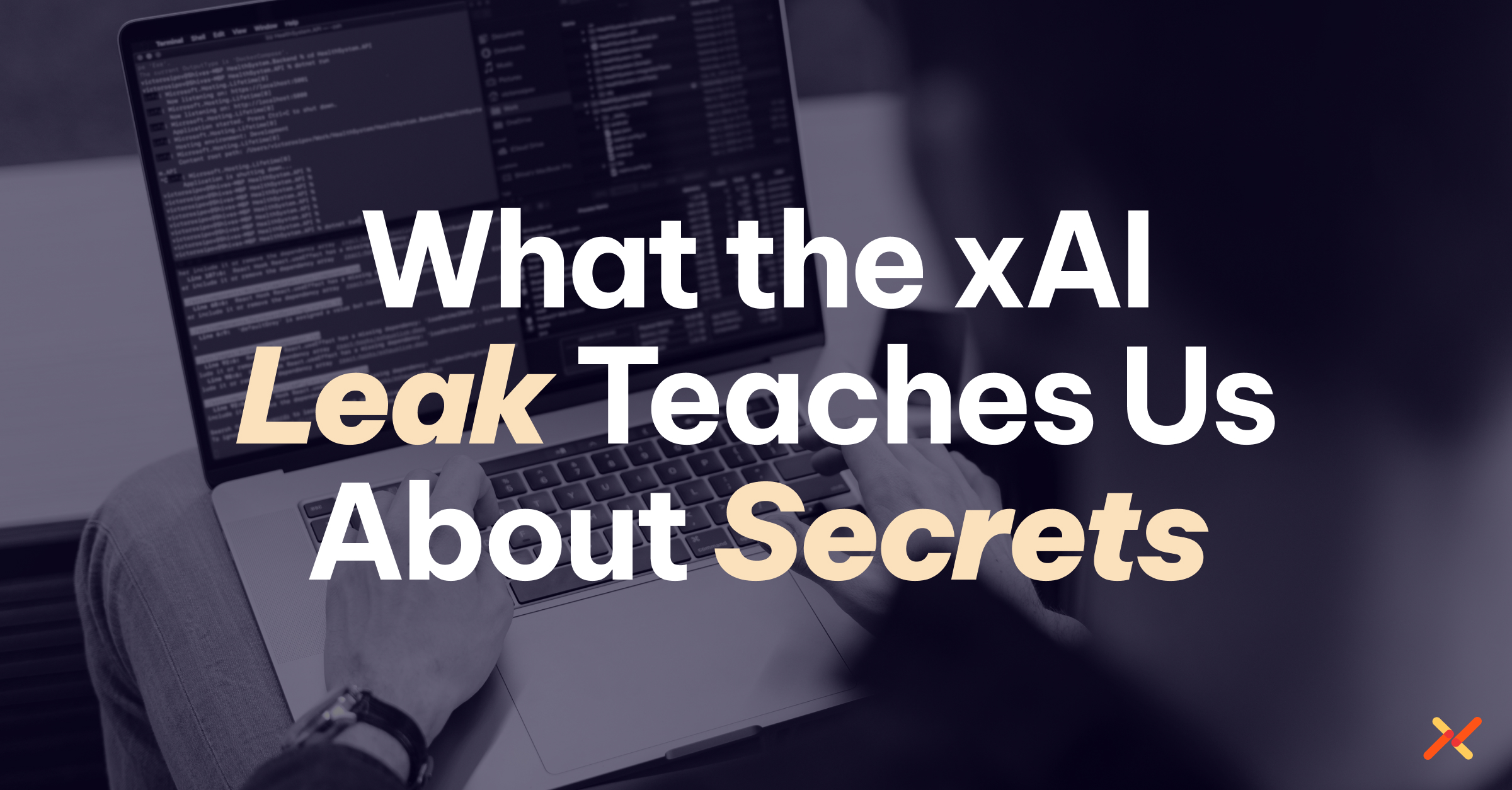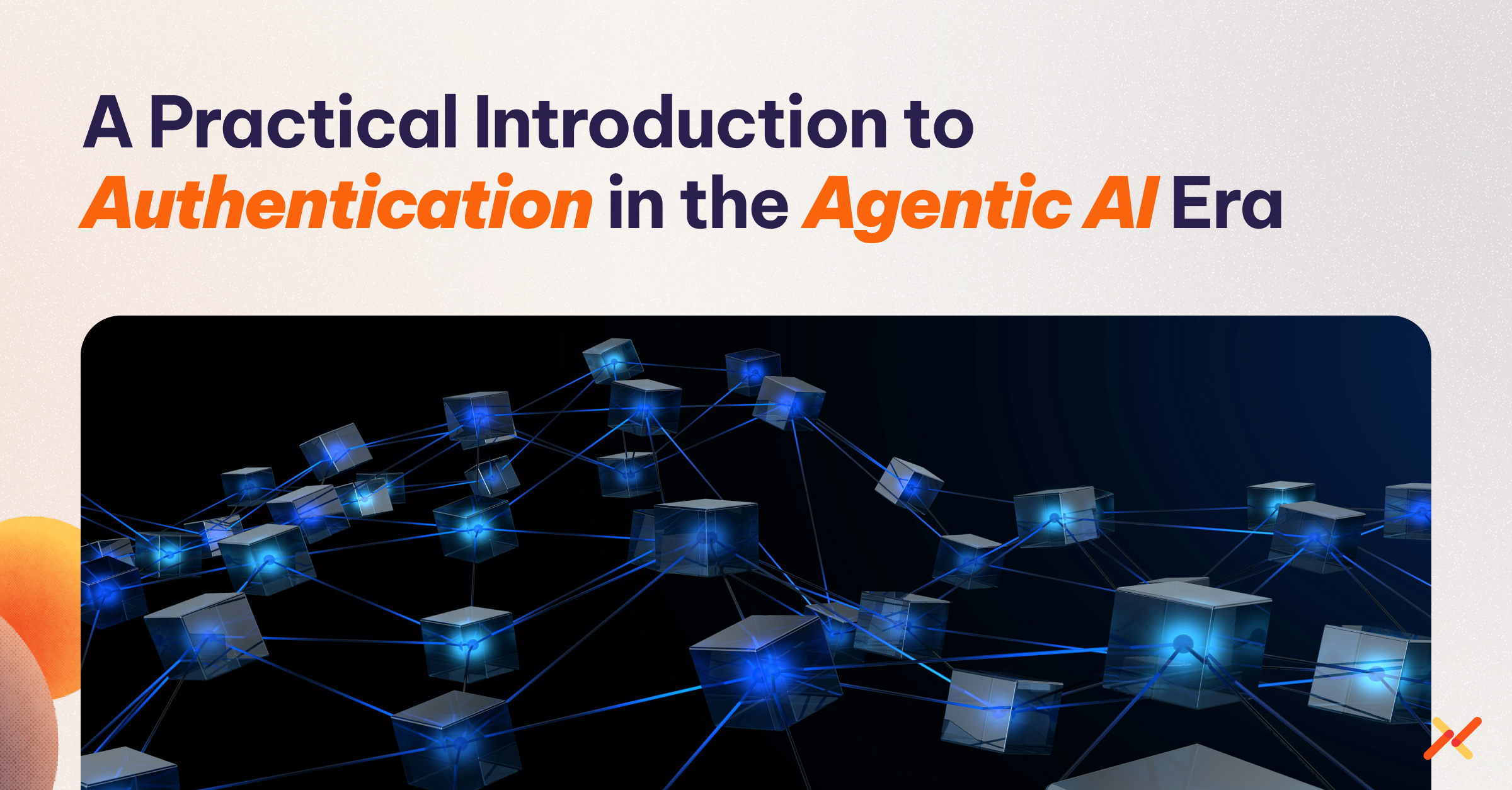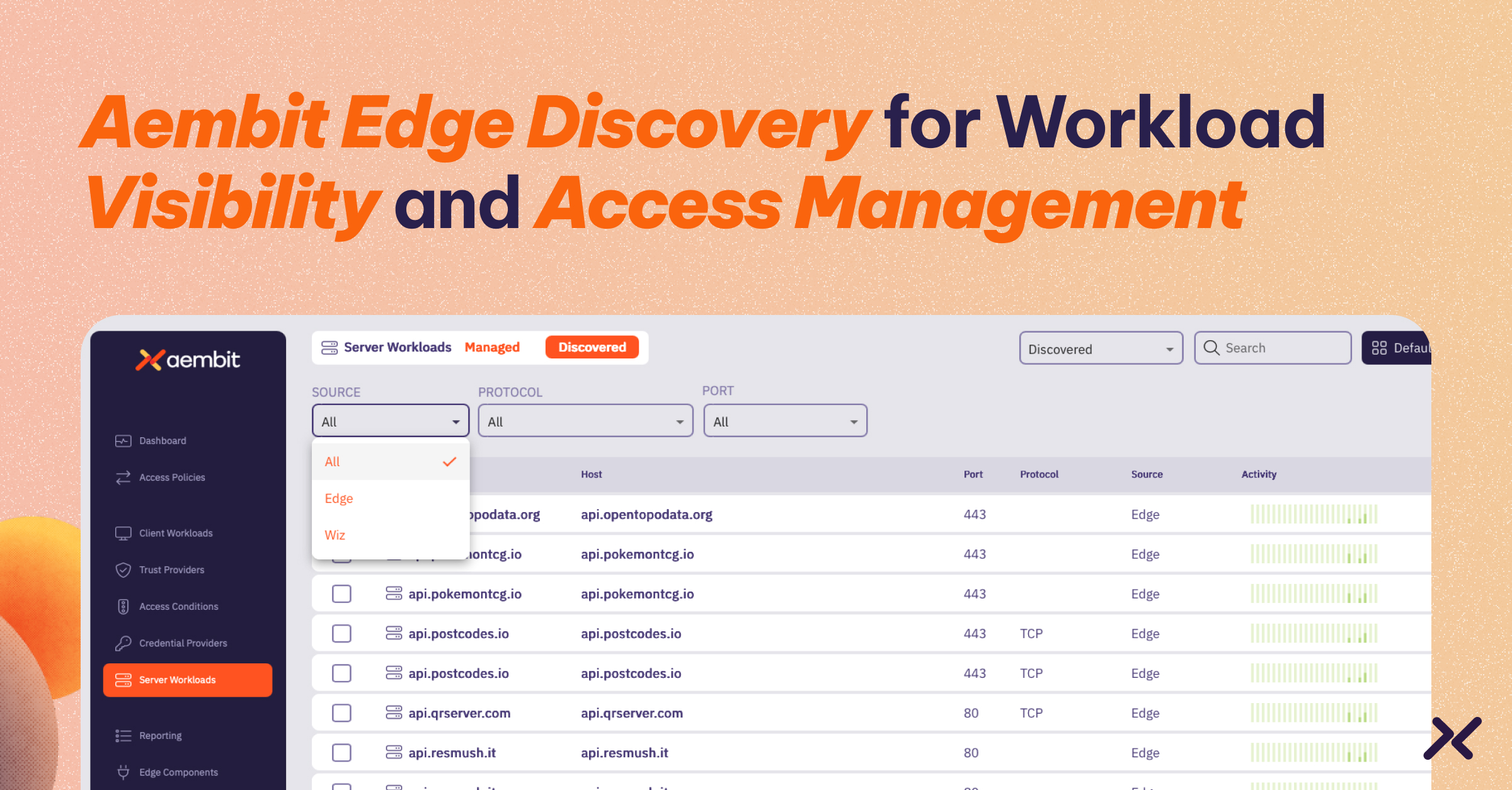We’re constantly on the lookout for opportunities to push the boundaries of what’s possible in the field of workload identity and access management (IAM). For us, the traditional mechanisms organizations are using to manage machine-to-machine interactions are increasingly insufficient.
Our membership into the Cloud Native Computing Foundation (CNCF), announced Wednesday, isn’t just a badge to place on our website – it’s a testament to our determination to address today’s machine-based IAM challenges and create a better way for modern enterprises to securely establish trust between workloads.
If you’re not familiar, the CNCF plays a pivotal role in fostering innovation within the cloud-native ecosystem. With over 800 members working collaboratively to make cloud-native computing more ubiquitous, the group’s work impacts countless global organizations and their tech stacks.
But what does our membership in the CNCF mean for our audience of developers and DevOps professionals? As applications evolve to be more distributed, dynamic, and API-centric, the importance of managing workload identities is tantamount to that of user identities. Cloud-native applications demand IAM systems that can effortlessly leverage identity to facilitate access between workloads, SaaS services, and third-party APIs, ensuring secure and smooth workload communication and connections at the application layer.
How Workload IAM Benefits Cloud-Native Environments
By ensuring that Aembit’s solutions align with the principles championed by the CNCF, we are not only contributing to the cloud-native ecosystem but also providing an essential tool that amplifies the benefits of cloud-native deployments, namely the ability to simplify and accelerate application delivery.
This includes:
Automated Security at Scale: Cloud-native applications are typically dynamic, with workloads that can be spun up or down based on demand. This dynamism poses unique challenges for security, especially when it comes to managing access to sensitive credentials. This is traditionally done through secrets like API keys and tokens, but workload IAM goes beyond basic secrets management to ensure that only the right entities have access to those secrets in the first place. In addition, cloud-native environments are designed to be expandable. Workload IAM solutions designed for such environments can handle thousands of entities, ensuring that as applications scale, security scales with them.
Granular Control: Cloud-native applications often rely on microservices architecture because it promotes scalability, resilience, and modular development. Workload IAM provides fine-grained access rights tailored to these individual workloads, ensuring that each microservice receives only the permissions it requires to operate. This adheres to the principle of least privilege, a familiar concept many recognize from user IAM.
Unified Model: With cloud-native deployments potentially spanning multiple clouds or hybrid cloud environments – and with a need to be backward-compatible to legacy environments – workload IAM provides a holistic security model across various platforms and services, simplifying management and ensuring consistent security policies.
Rapid Deployment: In cloud-native environments, getting applications up and running quickly is essential. No-code auth, a defining feature of the Aembit Workload IAM Platform, removes the burden of incorporating custom authorization code from developers. This helps teams to avoid reduced time-to-market and attain more agile development and deployment cycles.
Audit and Compliance: Cloud-native applications can be complex. Integrated workload IAM solutions offer comprehensive logging and tracking of workload access and actions, facilitating easier and more precise audits and ensuring compliance with security policies and regulations.
Zero Trust: In cloud-native environments, the traditional perimeter-based security model is less effective. Workload IAM promotes a Zero Trust security model, where every request is authenticated and authorized, regardless of its origin. This approach ensures that only workloads that meet predefined security criteria can access specific resources or communicate with other machines.
How We Plan to Collaborate With CNCF
The reality is straightforward: Workload IAM can’t be decoupled from getting the most out of cloud-native technologies.
The rise of cloud-native applications and environments has fundamentally altered the dynamics of the digital landscape. As workloads continue to outnumber human identities, the onus is on the tech community to reimagine IAM to help accelerate the cloud-native transition.
The CNCF’s vast community, brimming with expertise and ingenuity, provides a fertile ground for collaborative innovation and problem-solving. Aembit’s membership signals our intent to not only benefit from this collective wisdom but also actively contribute to shaping the future of workload IAM.
To learn more about what we do, visit aembit.io.



